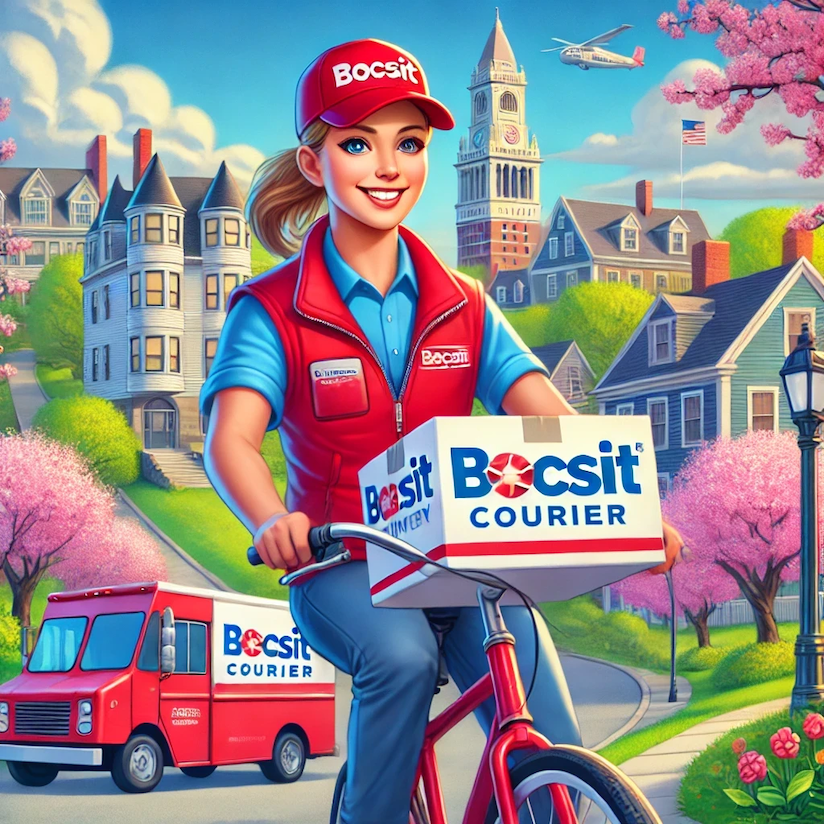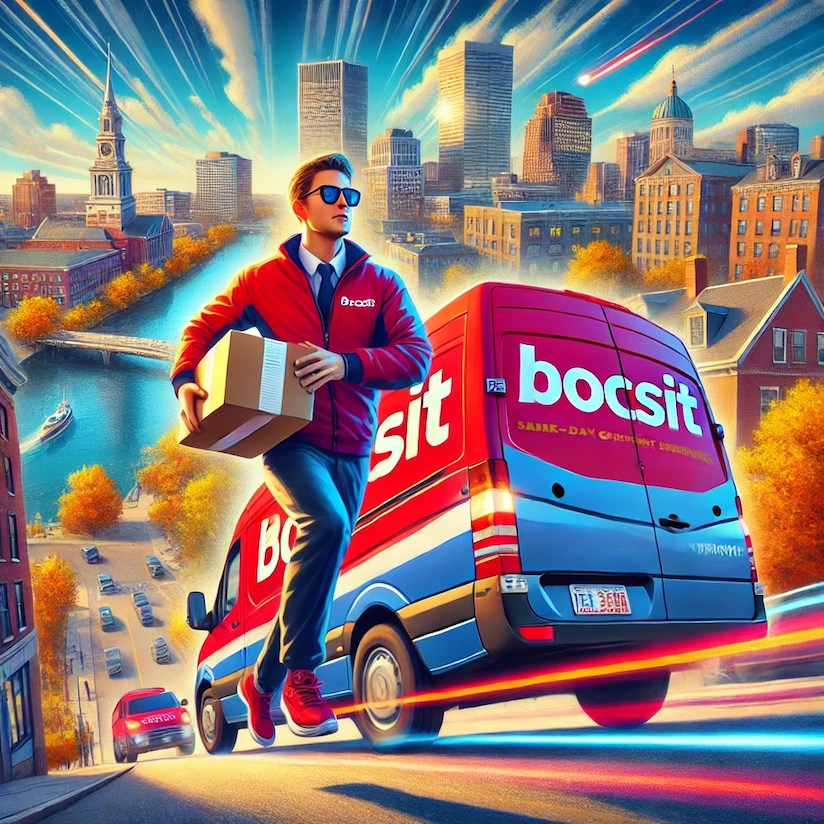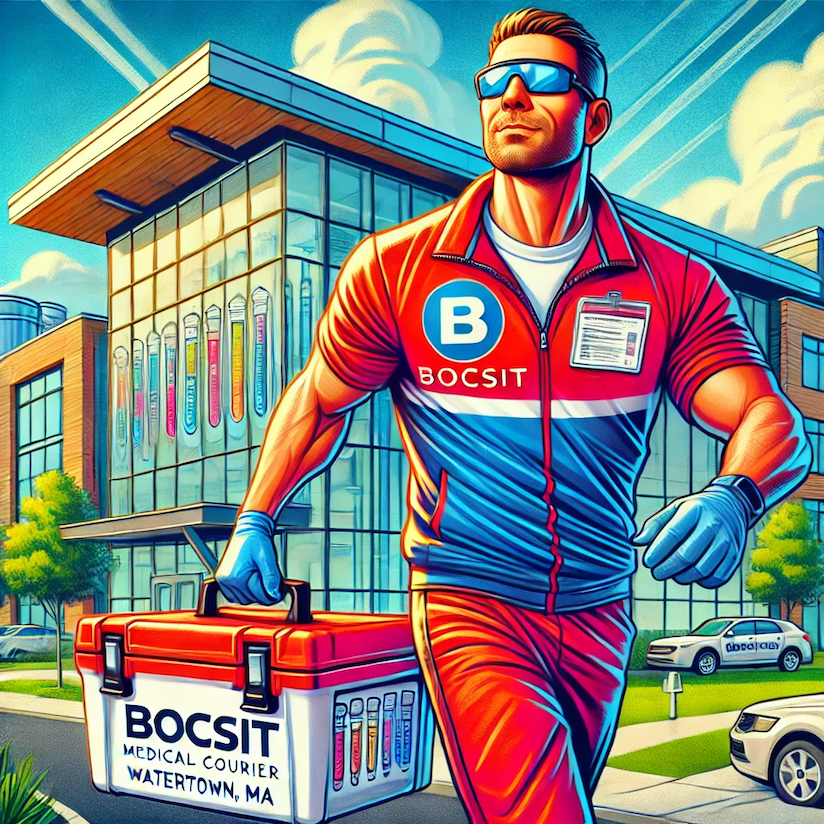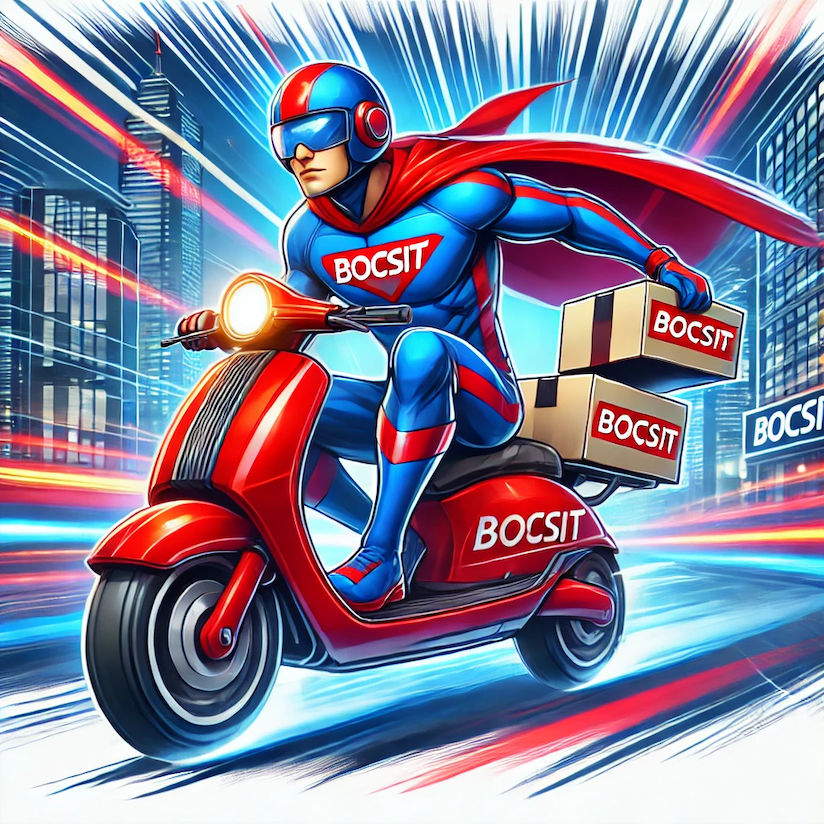Overcoming Challenges in the Logistics Sector: Effective Strategies for Businesses

In the fast-paced world of global commerce, the logistics sector stands as the unsung hero, orchestrating the flow of goods from manufacturers to consumers with precision and efficiency. Yet, this crucial industry faces a plethora of challenges, from supply chain disruptions to ever-rising operational costs. How can businesses navigate these turbulent waters? This blog explores the multifaceted challenges in the logistics sector and presents actionable strategies for overcoming them, ensuring the wheels of global trade keep turning smoothly.
The Backbone of Global Trade Under Pressure
Imagine a world without logistics - shelves would be empty, industries would grind to a halt, and the economy would face unprecedented chaos. Logistics is the silent engine powering the global economy, yet it's facing significant headwinds that threaten its efficiency and reliability.
Navigating the Maze: Key Challenges in the Logistics Sector
- Supply Chain Disruptions: The recent global events have thrown a wrench into the finely tuned machinery of international supply chains. From pandemic-related shutdowns to geopolitical tensions, logistics companies are constantly navigating a labyrinth of disruptions.
- Rising Operational Costs: Fuel prices are as unpredictable as the weather, and regulatory requirements are becoming more stringent. These factors, combined with the need for technological upgrades, have caused operational costs to soar, squeezing margins tighter than ever.
- Environmental Regulations: With climate change at the forefront of global concerns, the logistics sector is under pressure to go green. Adapting to environmental regulations while maintaining cost-efficiency is a delicate balancing act.
- Technological Disruptions: The digital transformation wave is reshaping the landscape, with innovations like AI, blockchain, and IoT setting new standards for efficiency. Keeping pace with these advancements is both a challenge and an opportunity.
- Labor Shortages and Skills Gap: Finding and retaining skilled workers is becoming increasingly difficult, impacting the ability to maintain service quality and expand capabilities.
Charting a Course: Strategies for Success
In the face of these challenges, surrender is not an option. Here are strategies that businesses can employ to navigate the stormy seas of the logistics sector:
Embrace Technology and Innovation
- Invest in Automation: Automating routine tasks can significantly reduce operational costs and minimize errors.
- Leverage Data Analytics: Use data analytics to optimize routes, predict demand, and manage inventory more efficiently.
- Adopt Green Technologies: Explore electric vehicles and renewable energy sources to comply with environmental regulations and reduce carbon footprint.
Build Resilience into Supply Chains
- Diversify Suppliers: Don't put all your eggs in one basket. Having multiple suppliers from different regions can safeguard against disruptions.
- Invest in Supply Chain Visibility: Real-time tracking and predictive analytics can help anticipate disruptions and respond proactively.
Focus on Workforce Development
- Invest in Training: Equip your team with the skills needed to navigate the changing landscape, from handling new technologies to understanding global trade regulations.
- Foster a Culture of Continuous Learning: Encourage innovation and agility within your team to adapt to new challenges and opportunities.
Foster Partnerships and Collaboration
- Collaborate Across the Sector: Work with partners, competitors, and governments to advocate for favorable policies and share best practices.
- Engage in Strategic Alliances: Partnering with technology providers and other logistics companies can enhance capabilities and efficiency.
The Road Ahead: A Call to Action
The logistics sector is at a crossroads, facing significant challenges but also armed with opportunities for transformative change. By embracing technology, building resilient supply chains, focusing on workforce development, and fostering partnerships, businesses can navigate these challenges and emerge stronger.
In the relentless pursuit of efficiency and sustainability, the future of logistics is unwritten. It's an industry ripe for innovation, ready for the bold and the visionary to redefine what's possible. As we look to the future, one thing is clear: the journey ahead is not just about surviving; it's about thriving.
FAQs
How can small logistics companies compete with larger ones?
Small companies can focus on niche markets, offer personalized services, and react more swiftly to market changes than their larger counterparts.
What is the role of AI in logistics?
AI can optimize routing, predict maintenance, manage inventory, and enhance customer service, among other applications.
Parting Thoughts
The challenges facing the logistics sector are daunting, yet they are not insurmountable. With strategic planning and innovation, businesses can turn these challenges into opportunities. The journey ahead is complex, but by working together and embracing change, the logistics sector can continue to be the backbone of global commerce, driving forward into a future marked by efficiency, sustainability, and resilience.


















